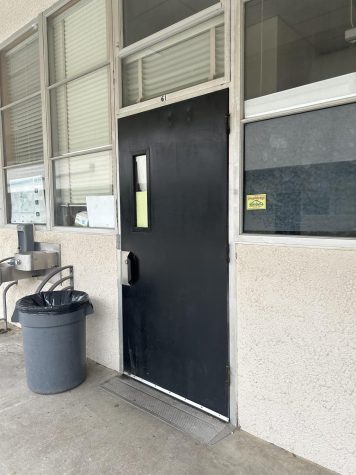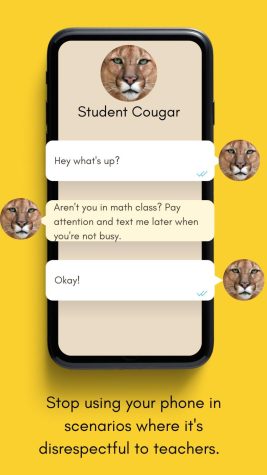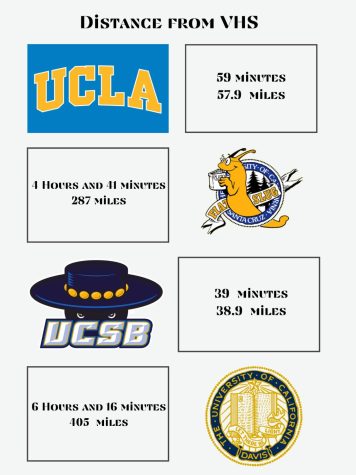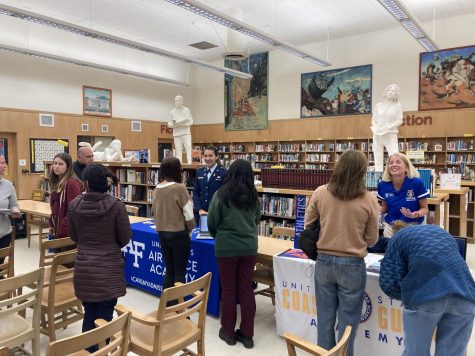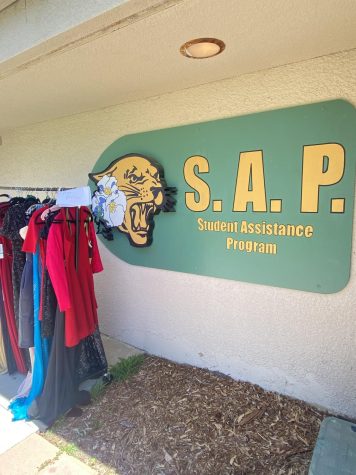Opinion: Social media platforms need to stop COVID-19 misinformation
Senior Martie Pecht said, “[COVID-19] Misinformation is very harmful and can be very deadly so I think people should be penalized for it.” Photo by: Olive Kranzler
February 10, 2022
The virus of ignorance that spreads online
In today’s day and age, most of our information comes from online sources. The validity of facts online has often been misleading, but what about when it comes to the safety of a community, or even the world? As the world battles COVID-19, there is a fight against incorrect information that is publicly available online. Misleading information jeopardizes the health and safety of everyone involved. Not only those immediately privy to the information can be harmed, but also everyone around them will be affected by their misled decisions.
Senior Martie Pecht said, “Online, people can really say anything, and people don’t know if they’re telling the truth or not because there’s no way to confirm it.” This is a problem with social media platforms that don’t monitor the content posted on their site. It’s hard for users to discern opinion from fact, leading to harmful misunderstandings which are especially prominent with incorrect COVID-19 information.
In a Harvard study done in Dec. 2021, Harvard students discovered that only four (Facebook, Instagram, YouTube and Twitter) of the ten social media platforms investigated had an ‘independent COVID-19 misinformation policy.’ Part of the problem with sharing this kind of information has to do with the safety of those affected by COVID-19, and the general public. In order to combat the virus, the public needs to understand how to protect themselves, which is hard to do with incorrect information floating around.
Because of their huge reach and influence, it is the responsibility of social media platforms to monitor the information posted. When users are exposed to harmful misinformation, it is a direct reflection of the social media company responsible. Protocols to prevent incorrect information about COVID-19 are as important as preventing media advocating extremely harmful activities because both sources could lead to injury to oneself, or others in the vicinity.
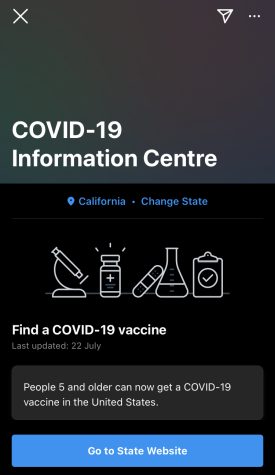
VHS English teacher Jay Locher said, “I do not think that the companies have a right to enforce penalties or fines; they are not governmental organizations. As private companies, they certainly have the right to restrict content on their platforms. I do think that governments should look at possible laws to hold social media and other technology companies accountable for dangerous/harmful content posted on their platforms.”Sophomore Nathan Lopez thinks that social media does not help the spread of COVID-19 misinformation. Lopez said, “In my own view and experience, COVID-19 misinformation (and really anything about COVID-19 from an unverified source) is so heavily censored on big sites like Twitter, Facebook, YouTube and others, that it’s insane.”
On Dec. 31, podcaster Joe Rogan released an episode of his podcast “The Joe Rogan Experience” which hosted guest Dr. Robert Malone, who claimed to have invented mRNA vaccines. This caused controversy because Spotify allowed the episode to be posted, despite Malone spreading false claims about the efficacy of mRNA vaccines. In response, singer Neil Young threatened to pull his music from Spotify if Spotify did not pull “The Joe Rogan Experience” from their platform. More information on the story can be found here.
Pecht said, “COVID-19 misinformation is made easier online especially considering the more recent Joe Rogan versus Joni Mitchell and Neil Young situation. Having a podcast makes it easy for Joe Rogan to kind of have a platform and get people to listen to what he has to say even though some things that he says might not be true.”
It is the responsibility of social media companies to regulate their platforms against misinformation, especially when it is something as serious as COVID-19. While total censorship of an individual is never the right thing to do, the removal of potentially dangerous content such as false cures for COVID-19 is absolutely necessary.




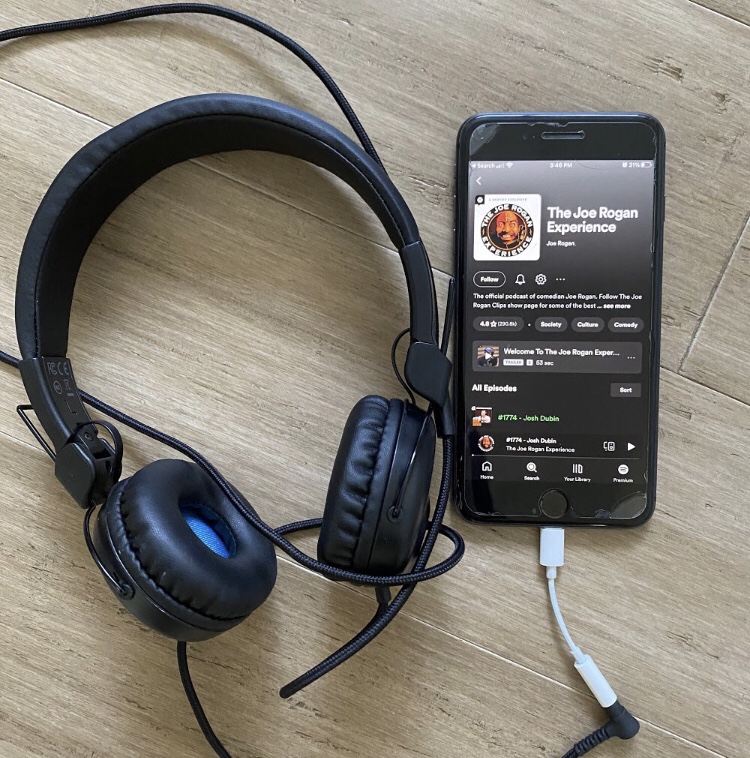
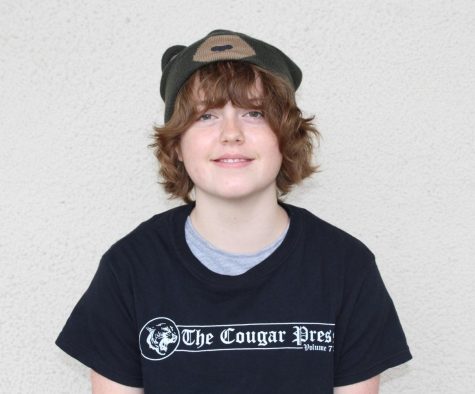

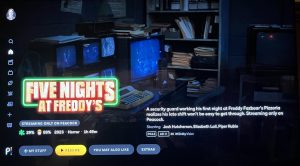




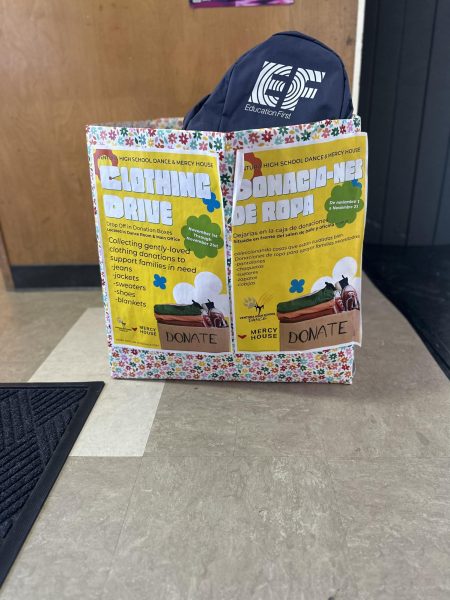

![Malani Del Rosario ‘25 said, “This summer I am taking a history course at Ventura College. I am hanging out with all my friends super often and [I’ll also be] reading a bunch of books.” Photo by: Isabel Andrade](https://thecougarpress.org/wp-content/uploads/2023/06/1-COVER-PHOTO--356x475.jpg)

